Royal Wootton Bassett Academy students as young as eleven, have been learning to write computer programs that instruct robots to carry out their commands.
Paul Reynolds, who teaches ICT and physics, runs the school’s weekly Robotics Club, which is attended by around 20 students.
The students, who are all in Year 7, began the year by building their own robots, and over the last term have progressed to writing software that will direct their electronic protegees to fulfil simple tasks.
Mr Reynolds said: “The students are learning how to program their robots to carry out an instruction. It may be something like getting a robot to locate the one red block in a sea of white blocks, and then increasing their programming skills so they can send the robot out to successfully retrieve that block.
“The club members are still very young – they had only just come up from junior school when they joined the Robotics Club last September – but they rise to the challenges I give them really well.
“I set team challenges where students will need to design, build and program solutions using robotic sensors and actuators. The robots are programmed by the students using software concepts such as: IF ELSE THEN, WHILELOOPS, TRIGGERs and RESPONSES.”
These challenges fall outside the standard national curriculum, but Mr Reynolds says the skills the students are developing will be essential for a wide range of professions.
He added: “Robotics are exciting and great fun, but the students are also learning the fundamentals of engineering and technology.
“Robotics helps workers and scientists perform tasks that would otherwise prove difficult or even impossible. For example, in the automotive industry, mechanical armed robots weld and screw pieces of vehicles together. In space, NASA uses similar mechanical arms on the space station to carefully grab and release satellites, as well as perform other critical tasks.
“And robot-assisted surgery allows doctors to perform many types of complex procedures with more precision, flexibility and control than is possible with conventional techniques, and often with minimally invasive surgery.
“The Robotics Club is first and foremost great fun – that’s why the students choose to come – but it’s also giving them the chance to build up knowledge and skills that could be the springboard to some amazingly interesting and important careers.”

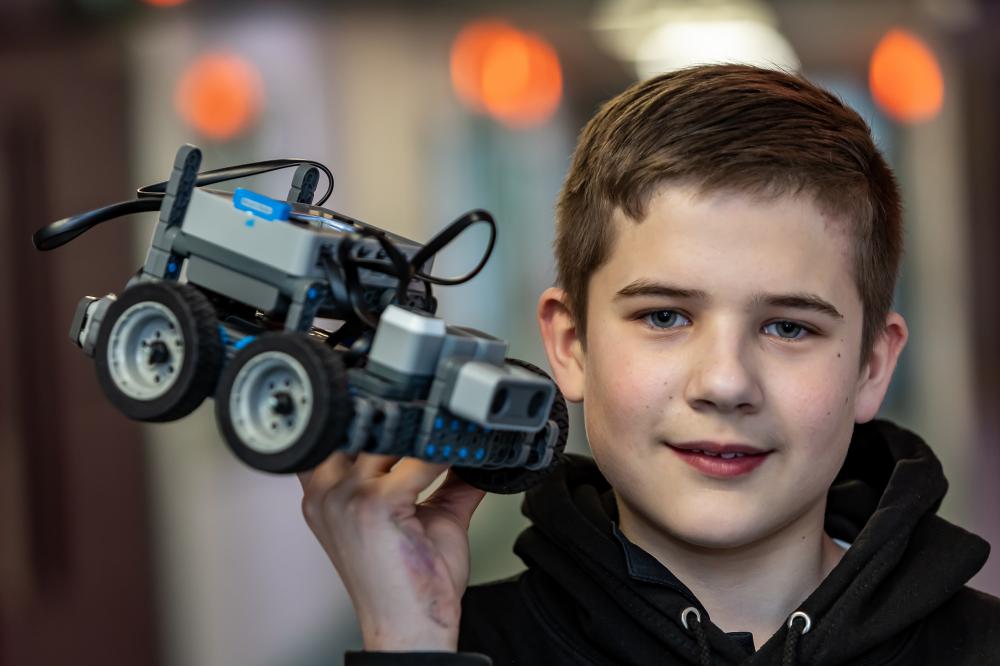
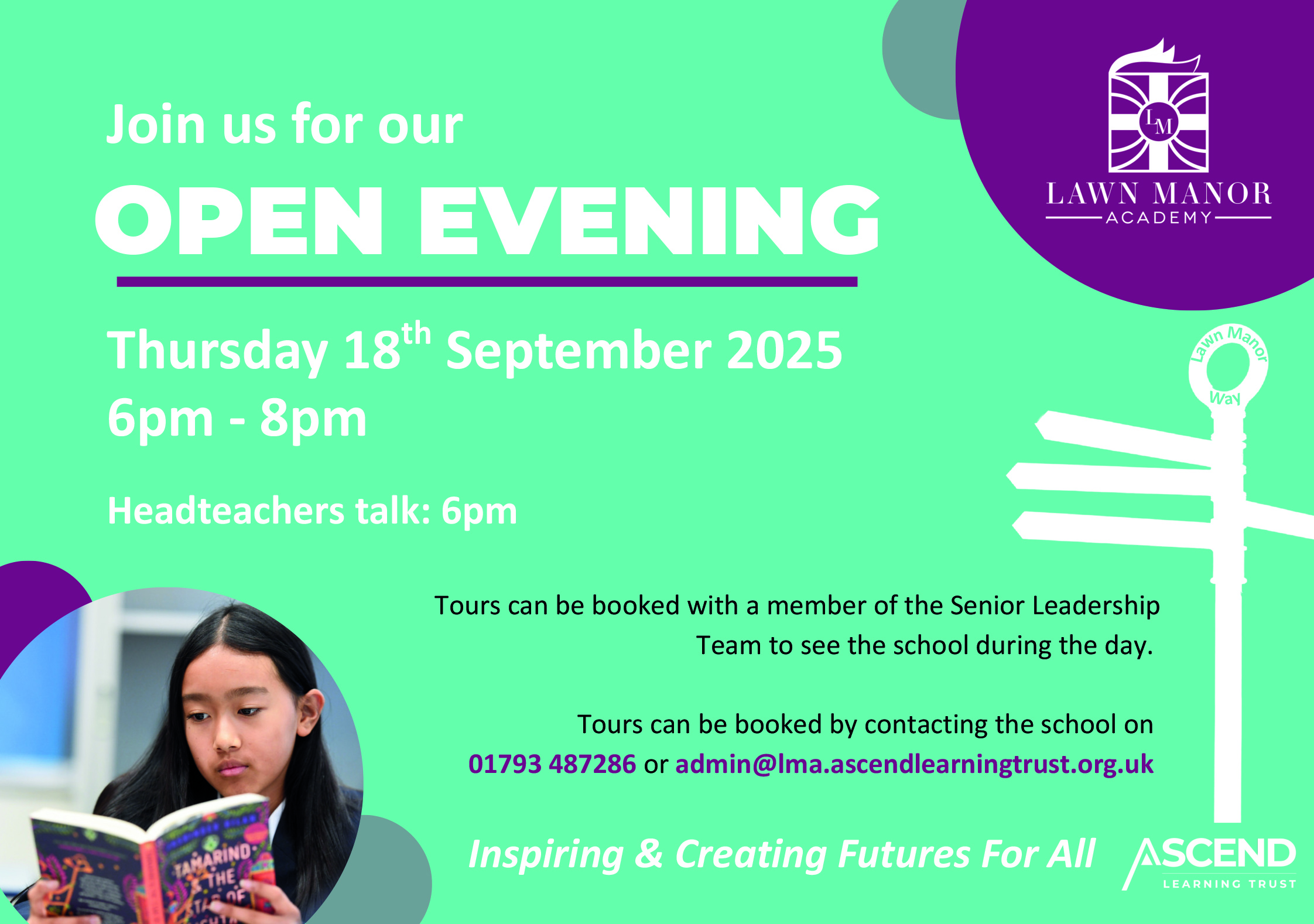

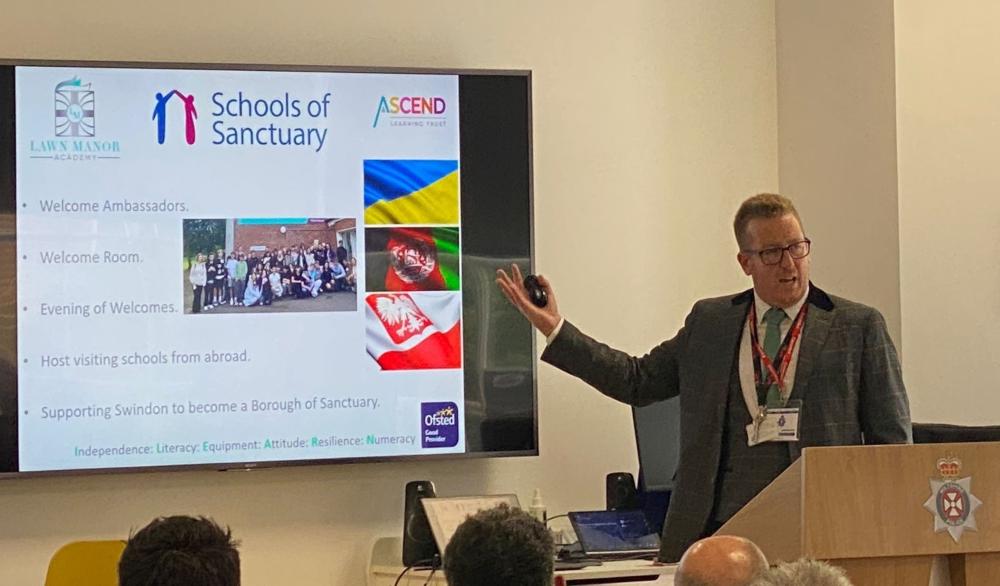

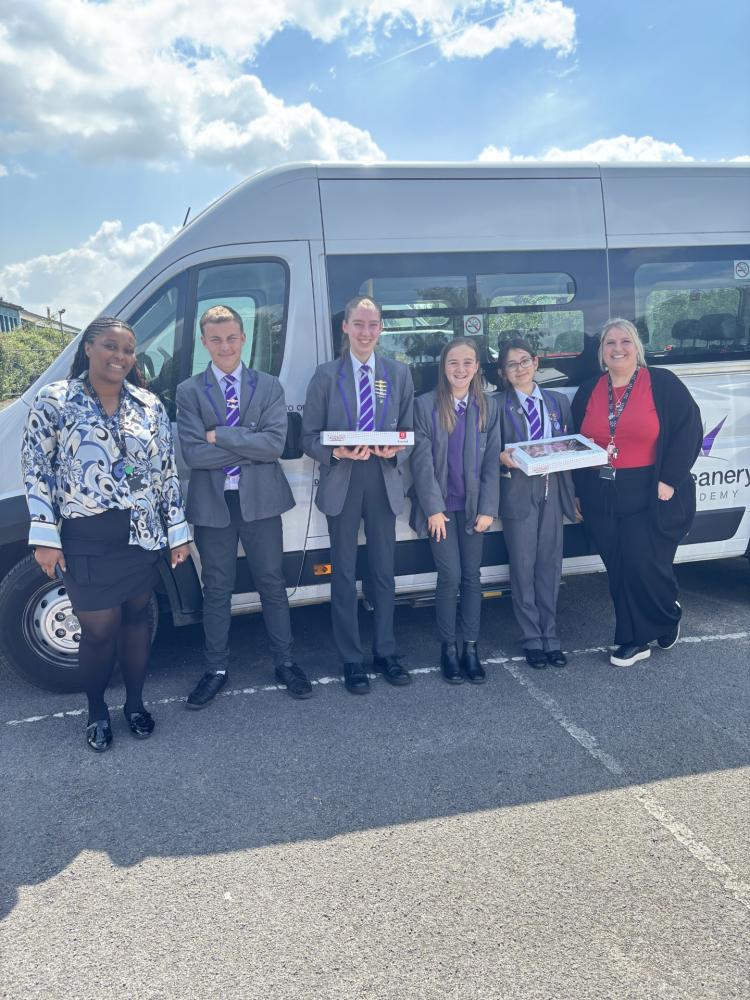
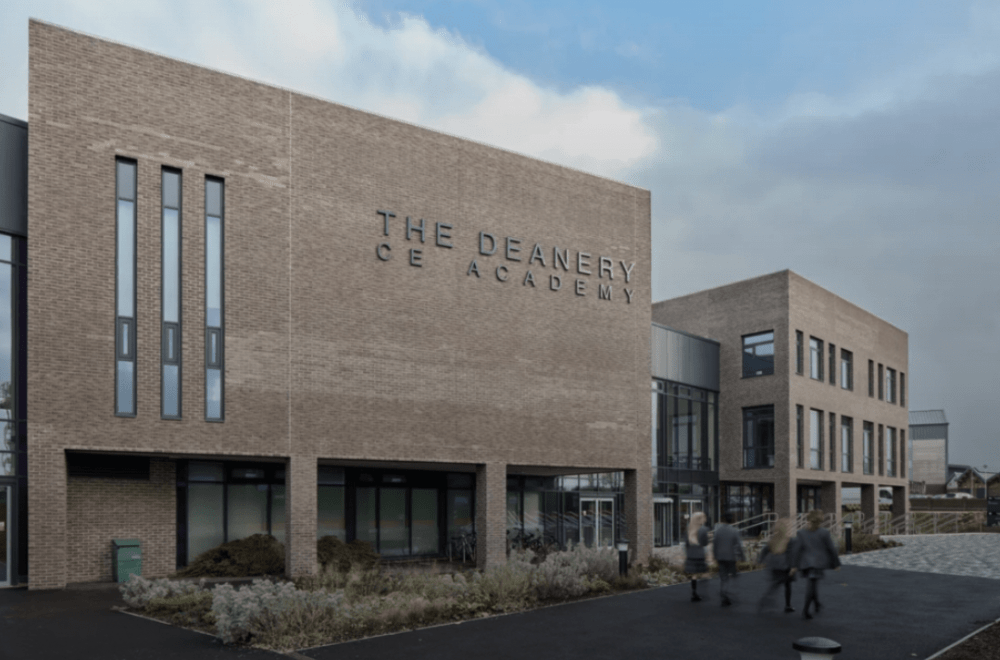

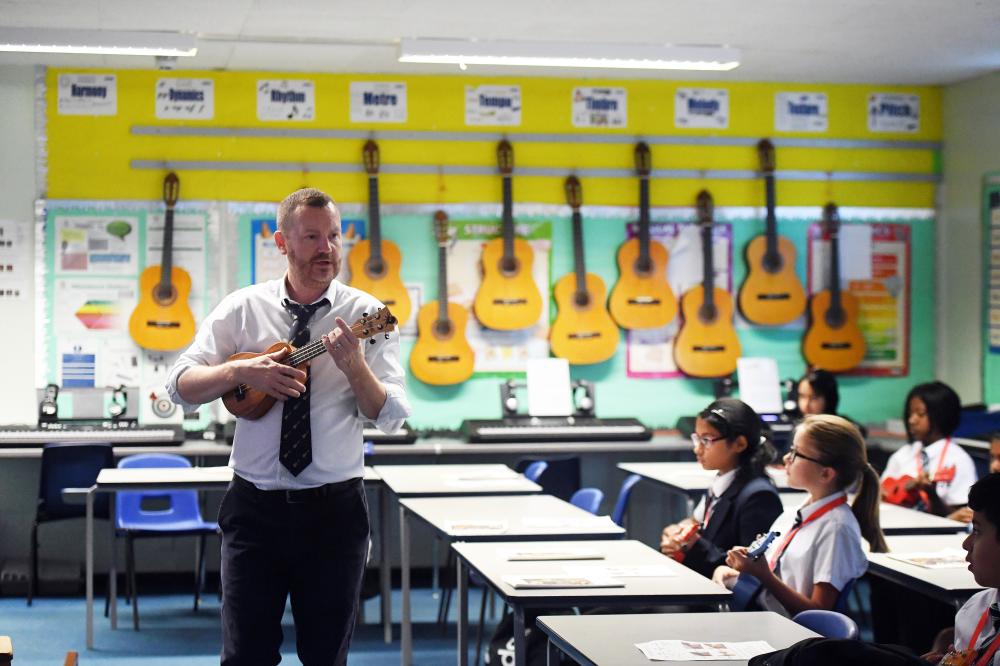
Your Comments
Be the first to comment on this article
Login or Register to post a comment on this article